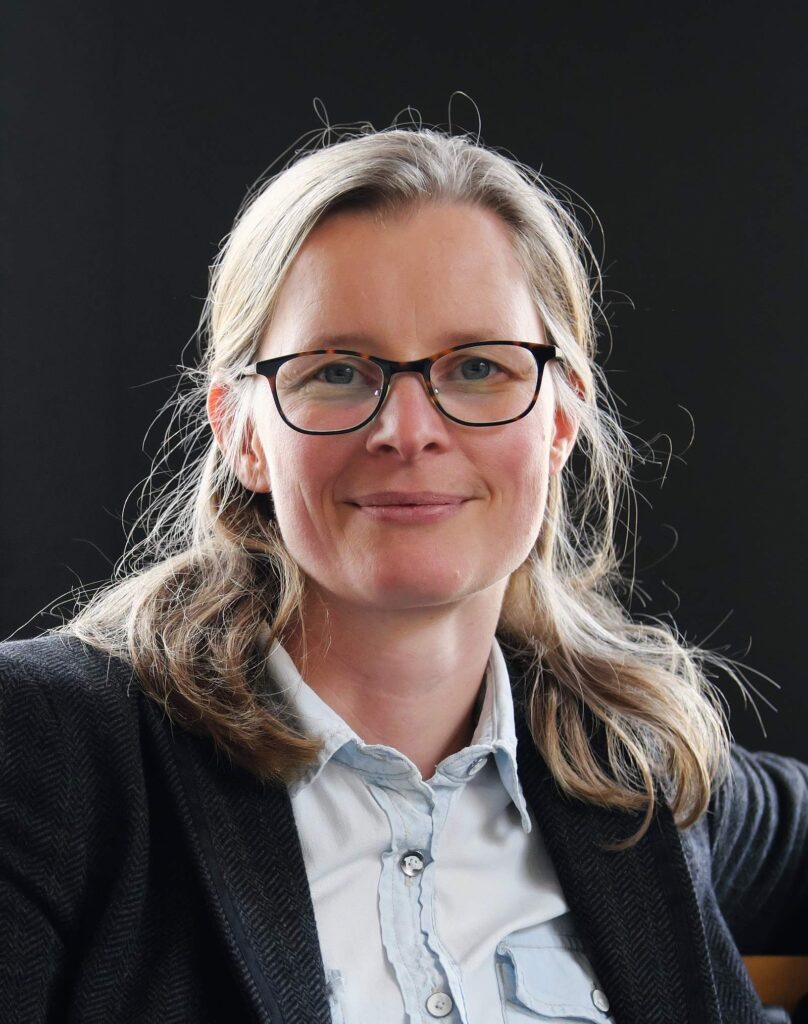David Bamman

David Bamman is an associate professor in the School of Information at UC Berkeley, where he works in the areas of natural language processing and cultural analytics, applying NLP and machine learning to empirical questions in the humanities and social sciences. His research focuses on improving the performance of NLP for underserved domains like literature (including LitBank and BookNLP) and exploring the affordances of empirical methods for the study of literature and culture. Before Berkeley, he received his PhD in the School of Computer Science at Carnegie Mellon University and was a senior researcher at the Perseus Project of Tufts University. Bamman’s work is supported by the National Endowment for the Humanities, National Science Foundation, an Amazon Research Award, and an NSF CAREER award.
The Promise and Peril of Large Language Models for Cultural Analytics
Much work at the intersection of NLP and cultural analytics/computational social science is focused on creating new algorithmic measuring devices for constructs we see encoded in text (including agency, respect, and power, to name a few). How does the paradigm shift of large language models change this? In this talk, I’ll discuss the role of LLMs (such as ChatGPT, GPT-4 and open alternatives) for research in cultural analytics, both raising issues about the use of closed models for scholarly inquiry and charting the opportunity that such models present. The rise of large pre-trained language models has the potential to radically transform the space of cultural analytics by both reducing the need for large-scale training data for new tasks and lowering the technical barrier to entry, but need care in establishing the reliability of results.
Vera Demberg

Vera Demberg is a Professor of Computer Science and Computational Linguistics at Saarland University and a Fellow of ELLIS. She received her PhD from the School of Informatics at the University of Edinburgh in 2010 and subsequently held a position as an independent research group leader at the Cluster of Excellence for Multimodal Computing and Interaction at Saarland University.
Vera Demberg received an ERC Starting Grant “Individualized Interaction in Discourse” in 2020. Her current research spans experimental and computational research on individual differences in discourse and pragmatic processing as well as computational models for natural language generation and discourse understanding.
Pragmatic processing in humans and language models
Pragmatic processing concerns inferences that go beyond the literal meaning of a text or utterance. In my talk, I will go through different types of pragmatic inferences, including scalar implicatures, atypicality inferences and other tasks requiring theory of mind reasoning; for each of these, I will discuss recent work from our lab and others, regarding the ability of large language models, and of humans, to handle these phenomena.